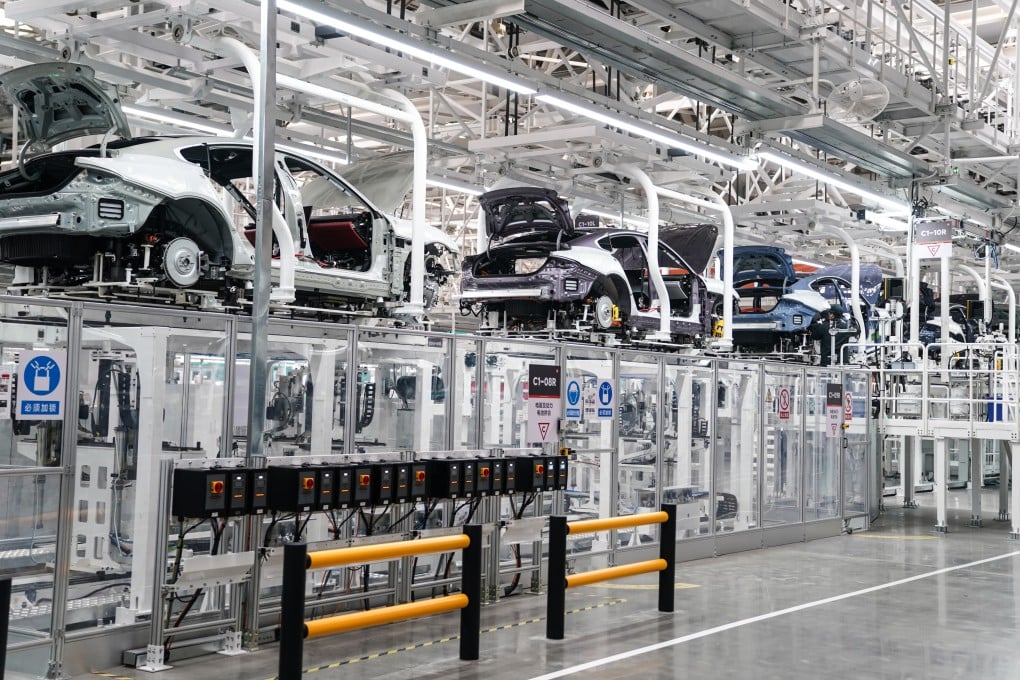Xiaomi buys US$116 million site for electric car production in Beijing
- The purchase of the 53-hectare site, which is close to Xiaomi’s existing EV factory, comes after early success of its SU7 sedan announced in March

The 53-hectare (131-acre) site is close by Xiaomi’s existing EV factory in the capital’s Yizhuang district, according to filings published by the Beijing Municipal Commission of Planning and Natural Resources. The land was bought by Xiaomi subsidiary Xiaomi Jingxi Technology and will be used for the “development of the high-end automobile and new energy intelligent vehicle industry”, the filing said.
Xiaomi’s successful foray into EVs stands in contrast to competitors who are struggling for market share in a crowded industry. Beijing phased out national subsidies for EV purchases in 2022, and slowing demand has seen several EV makers including WM Motor Technology Group and the premium HiPhi brand from Human Horizons Shanghai Internet Technology go bankrupt or suspend production.
